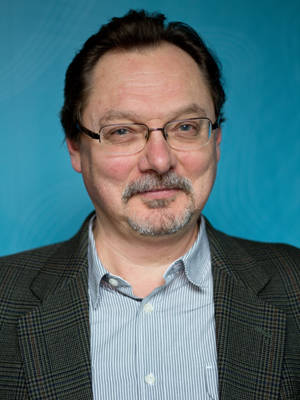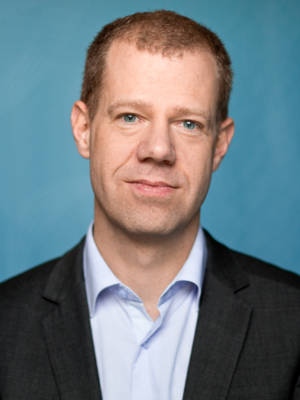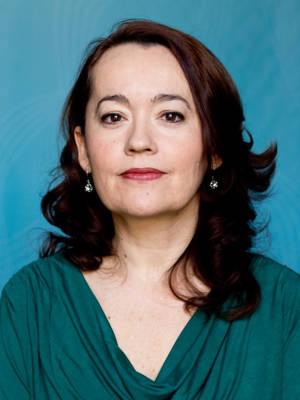This Strategic Institute Program (SIP) has followed-up on earlier European research projects at PRIO, which has given it a special importance for the institutes long-term competence-building and international networking. Our analysis of how the European security identity is formed by its relation and opposition to the autocratic, ‘chaotic’ or militarized ‘other’ has contributed to both general theory and the empirical competence in this field of research. This ‘multiple other’ defines several parallel visions and competing security identities marked by different traumatic experiences: the nationalism of the Second World War, the Soviet occupation in the East, the influx of Muslim people from the South, and not least, the terrorism of 11 September 2001. These different identities are promoted by different elites and parallel hierarchies, which correspond to a dual or multiple structure of the state. The state is not a unified entity. The European Security Strategy, the Constitution, and decisions about border control, as well as the negotiations about Turkish EU membership appear as litmus tests for these different identities. The new ‘battle of Europe’ is a battle for European minds and institutions.
The EURO-SIP has provided a basis for our collaboration with NUPI and our European partnerships and joint projects with support from the EU 5th and 6th Framework Programs, Norwegian ministries of Foreign Affairs and Defence, and an Italian institute for strategic studies. Our many international presentations, articles books/book chapters and the development of an international scholarly network have been important to the project as well as to PRIO. We have brought two doctoral candidates close to completion of their doctoral projects (not funded by the SIP). The EURO-SIP has played a vital role in maintaining theoretical competence and competence on security policy at PRIO, and we have contributed by generating theory within one of the most dynamic traditions of international relations.
The project is divided into five interrelated projects:
- Theory and Practice of European Security Identity
- Europe and the USA: Democracy and Security After 11 September
- Europe and Russia: Responding to Transition
- Europe and the Developing World: Confronting Migration Pressure
- Europe and Turkey: Democracy, Political Islam and Security.










